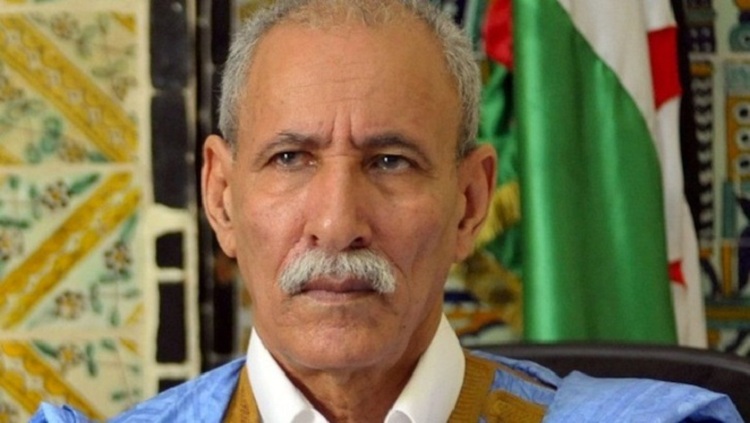The Diplomat
The Court of Instruction Number 7 of Zaragoza has rejected the request of the State Attorney’s Office to file the case on the so-called ‘Ghali case’ and has accused the Government of having violated the rules of the Schengen Area to allow the irregular entry into Spain of the leader of the Polisario Front, Brahim Ghali.
The State lawyer requested last September 17 the dismissal of the case against the former chief of staff of the Ministry of Foreign Affairs, Camilo Villarino, as well as the closing of the case. In response to this request, the judge in the case, Rafael Lasala, warned in an order dated October 7 – and reported by the Europa Press agency – that, with the dismissal, “an early trial is being requested that would only proceed in the event that the material ‘fact’ did not exist”, which “is not the case, since even the requesting party recognizes that it has existed”.
On the other hand, the State Attorney’s Office invoked, in its request, a series of articles of the Schengen regulation in which the Member States are authorized to exempt from the obligation to cross the external borders only through the border crossing points and during the established opening hours to persons or groups of persons in the event that there is a special need.
In response to this, the judge reproached the lawyer for having invoked in a “partial” way the article of the Regulation of the European Union, of the European Parliament and of the Council in which the EU rules are established for the crossing of people through the borders and warned that the humanitarian reasons alleged by the Government to allow the entry of Ghali should have been notified to the rest of the Member States, “something that is not only on record as not having been done, but it has been acknowledged that it was deliberately not intended to be done in order to make the entry ‘discreet’.”
As for the fact that Ghali’s passport had not been stamped upon his entry into Spain, which the Attorney General’s Office has also justified on the basis of an article of Schengen, Judge Lasala has warned that he has “nothing to object to the passport being stamped or not in the indicated case”, but what “is being judged here is whether it was shown and controlled, not whether it was stamped”. In this sense, the magistrate states that “the exemption refers to the stamping in the travel documents of heads of state or personalities, whose arrival has been previously announced ‘officially through diplomatic channels'”, but in the case of Ghali “none of the circumstances is given, since the Sahrawi Arab Democratic Republic is not recognized by any of the States of the Schengen Area, the consideration of personality made by the defense of the investigated is not the one intended by the regulation as equivalent to a high dignitary and the arrival, although it has been announced through diplomatic channels, has not been announced officially precisely because of the reserved and discreet character that was intended to be granted”.
The judge also recalls, with regard to the allegations made by the State Attorney’s Office to the bilateral agreement between Spain and Algeria, which allows the entry of holders of diplomatic passports without a visa, that this measure cannot contradict the Schengen Regulation. “The omission of passport control may leave the door open to the hypothesis that he could enter with false documentation or that could cause problems”, adds the magistrate.
The former Minister of Foreign Affairs, Arancha González Laya, declared last Monday before the judge that the entry into Spain of Brahim Ghali, was carried out “in accordance with the law”, although she invoked the Official Secrets Act to refuse to clarify which members of the Government made the decisions in this case.
Brahim Ghali landed at the Zaragoza Air Base on April 18 without passing border controls or documentation, after which he was transferred in an ambulance and admitted, under a false identity, to the San Pedro de Logroño hospital to be treated for COVID-19. The former minister always maintained that Ghali’s entry was carried out for “humanitarian reasons”. González Laya was dismissed barely a month after the outbreak of the diplomatic crisis with Morocco, which resulted in a massive and uncontrolled entry of immigrants into Ceuta with the complicity of Rabat, as well as in a call for consultations of the Moroccan ambassador in Madrid and a whole series of public accusations against Spain.






